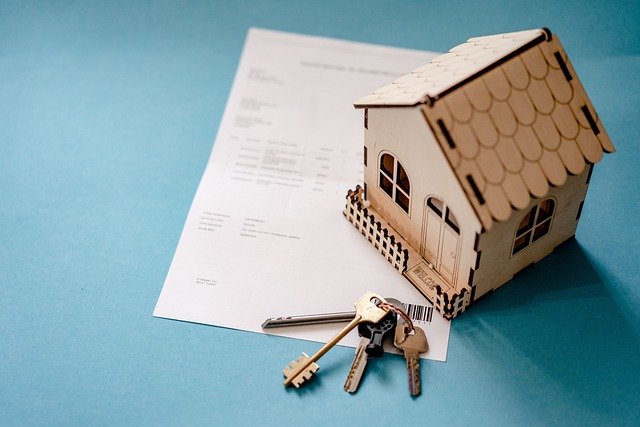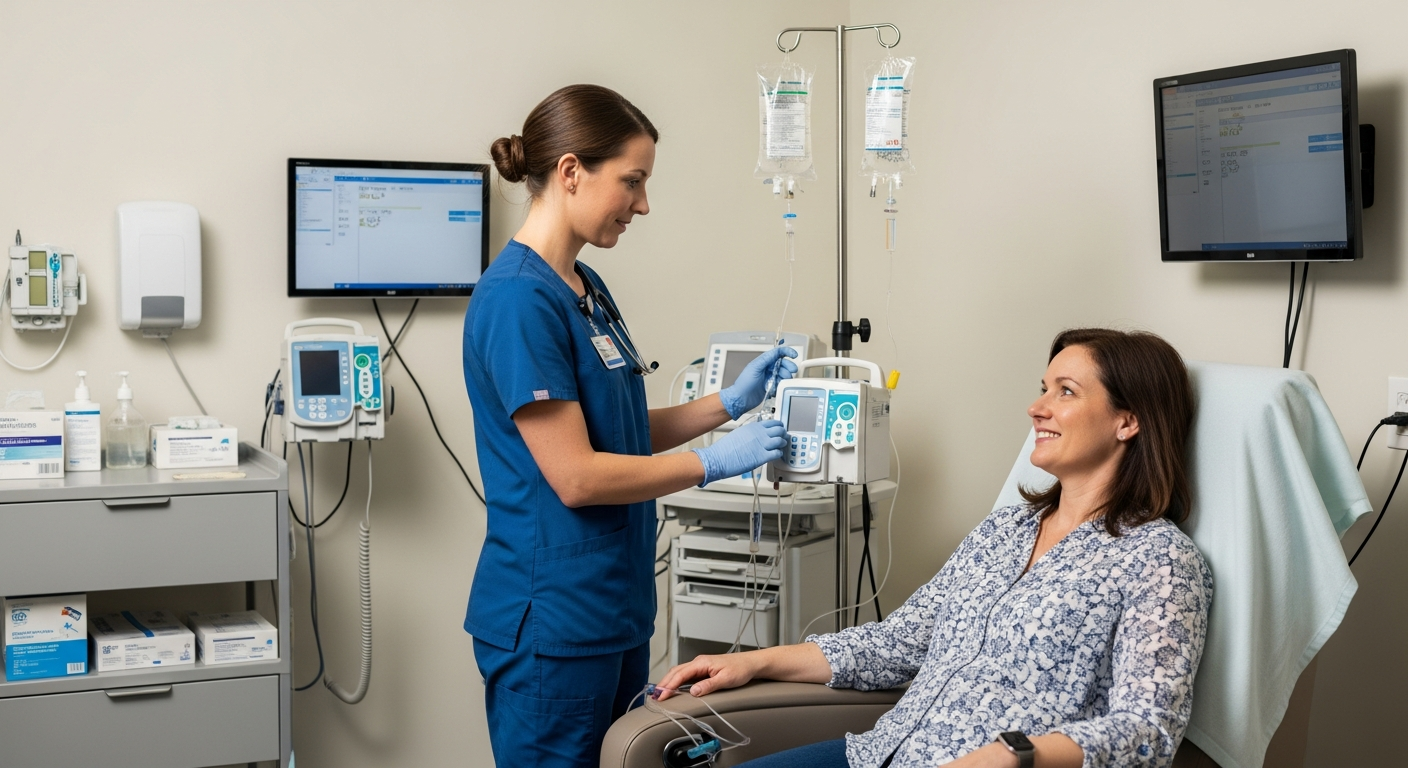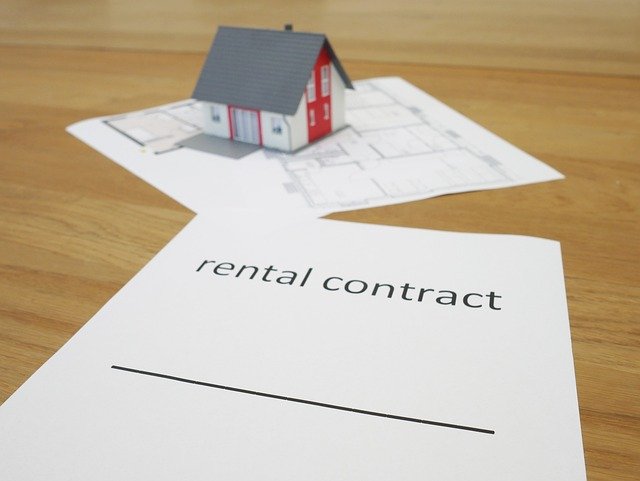Unlock Homeownership: Essential Grants for Single Mothers to Buy a Home in 2025
Homeownership can be a challenging goal for single mothers, but various grant programs are available to help make this dream a reality. In 2025, several assistance options will continue to provide crucial support for single moms looking to purchase their first home. This article explores the essential grants, eligibility factors, application processes, and long-term benefits of homeownership assistance programs tailored for single mothers.

What are the eligibility factors for homeownership grants?
Eligibility for homeownership grants typically depends on several factors. Single mothers must usually meet specific income requirements, often falling within low to moderate-income brackets as defined by the Department of Housing and Urban Development (HUD). Credit score requirements vary but are generally more lenient than traditional mortgage loans. First-time homebuyer status is often preferred, though some programs may still assist those who haven’t owned a home in the past three years. Additionally, completion of a homebuyer education course is frequently mandatory to qualify for these grants.
Which common grant programs are available for single mothers?
Several grant programs cater specifically to single mothers or include them as a priority group. The HOME Investment Partnerships Program provides funds to states and localities to support various homeownership activities. The Good Neighbor Next Door program offers significant discounts on home purchases in revitalization areas for certain professions, including single mother teachers. The USDA Single Family Housing Direct Home Loans program assists low-income individuals in rural areas. Additionally, many states offer their own grant programs, such as the MyHome Assistance Program in California, which provides down payment and closing cost assistance.
What is the application process and required documentation?
The application process for homeownership grants typically begins with contacting a HUD-approved housing counseling agency or a participating lender. Applicants must gather extensive documentation, including proof of income (tax returns, pay stubs), bank statements, identification, and proof of single mother status (birth certificates, custody papers). A completed grant application form, along with a pre-approval letter from a mortgage lender, is usually required. Some programs may necessitate a home inspection or appraisal as part of the process. It’s crucial to start the application early, as funds are often limited and distributed on a first-come, first-served basis.
What are the long-term advantages of homeownership assistance?
Homeownership assistance programs offer numerous long-term benefits for single mothers. Beyond the immediate financial aid, these programs can lead to increased financial stability and wealth-building opportunities through home equity. Owning a home provides a stable environment for children, potentially improving educational outcomes and overall family well-being. It can also offer tax benefits, such as mortgage interest deductions. Furthermore, homeownership often leads to greater community involvement and a sense of pride and accomplishment, which can positively impact both the mother and her children’s future prospects.
What expert insights can help navigate housing support?
Housing experts recommend that single mothers start preparing for homeownership well in advance. Building a strong credit score, saving for additional costs beyond the grant amount, and thoroughly researching local market conditions are crucial steps. Experts also advise working with housing counselors who can provide personalized guidance throughout the process. It’s important to consider the total cost of homeownership, including maintenance and property taxes, not just the purchase price. Networking with other single mother homeowners can provide valuable insights and support during the homebuying journey.
How do homeownership grant programs compare across different providers?
Several organizations and government entities offer homeownership grants for single mothers. Here’s a comparison of some common programs:
| Program Name | Provider | Key Features | Grant Amount Estimation |
|---|---|---|---|
| HOME Investment Partnerships | HUD | Flexible uses, locally administered | Varies by location, up to $40,000 |
| Good Neighbor Next Door | HUD | 50% discount on home in revitalization areas | Up to 50% of home price |
| USDA Single Family Housing Direct | USDA | Low-interest loans for rural areas | Payment assistance subsidy |
| MyHome Assistance Program | CalHFA (California) | Down payment and closing cost assistance | Up to 3.5% of purchase price |
| Homeownership Individual Development Account | Various nonprofits | Matched savings program | Typically 1:1 to 4:1 match |
Prices, rates, or cost estimates mentioned in this article are based on the latest available information but may change over time. Independent research is advised before making financial decisions.
In conclusion, homeownership grants for single mothers in 2025 will continue to play a vital role in making home purchases more accessible. By understanding the eligibility requirements, available programs, application processes, and long-term benefits, single mothers can better navigate the path to homeownership. With careful planning, expert guidance, and the right assistance program, the dream of owning a home can become a reality for many single mothers, providing stability and opportunity for their families.




